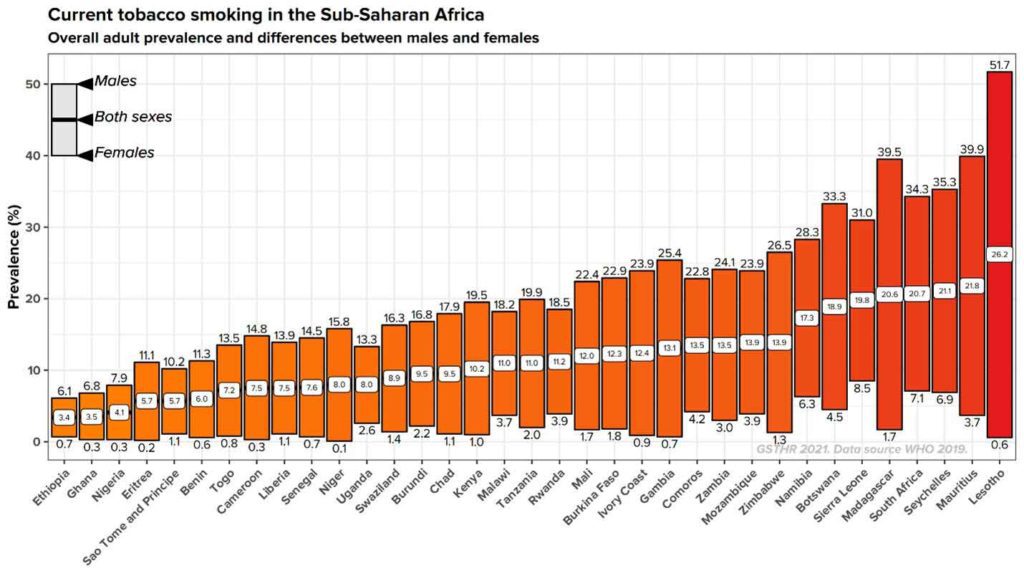
With more than 200,000 smoking-related deaths each year in sub-Saharan Africa, there is an urgent need for the region to embrace tobacco harm reduction, according to a new briefing paper published by Knowledge Action Change (KAC).
KAC argues that tobacco harm reduction could generate significant public health gains for the countries in sub-Saharan Africa and is particularly crucial at a time when the number of tobacco users across the continent as a whole is set to increase to 62 million by 2025.
“Many people either cannot or do not want to quit nicotine use, but smoking is deadly,” KAC wrote in a press note. “Tobacco harm reduction offers smokers the choice to switch from combustible cigarettes to safer nicotine products that pose fewer health risks, including nicotine vapes (e-cigarettes), tobacco-free nicotine pouches, Swedish-style snus (an oral tobacco) and heated-tobacco products.”
Authored by THR Malawi founder Chimwemwe Ngoma, Tobacco Harm Reduction in Sub-Saharan Africa investigates the current status of tobacco harm reduction in the 48 countries of sub-Saharan Africa.
As well as considering the economic role of tobacco in the region, the paper provides a country-by-country guide on the availability and legal status of safer nicotine products. It notes progress is being made with tobacco harm reduction across sub-Saharan Africa, highlighting the work of consumer advocacy groups offering tobacco users accurate information about combustible cigarettes and safer nicotine products.
However, the availability and accessibility of products such as nicotine vapes remains poor in many countries while appropriate regulation is needed for product safety. Many smokers cannot access smoking cessation support. Some governments are unable to meet basic requirements for a robust healthcare system, and there is a lack of funding to prevent the noncommunicable diseases linked to smoking.
There is also widespread and deliberate misinformation circulating about safer nicotine products, and many consumers, healthcare institutions and governments in sub-Saharan Africa remain unaware of tobacco harm reduction’s potential.
“To become smoke-free, sub-Saharan Africa needs safer nicotine products that are locally feasible, affordable, appropriate, accessible and culturally acceptable, supported by sensible product regulation,” says Chimwemwe. “For this to happen, governments in Africa should strive to remain independent, conduct their own social economic impact assessments and make science-based policies that embrace tobacco harm reduction.”
The new briefing paper is part of KAC’s Global State of Tobacco Harm Reduction project, funded by a grant from the Foundation for a Smoke-Free World.












